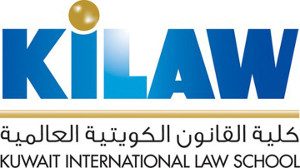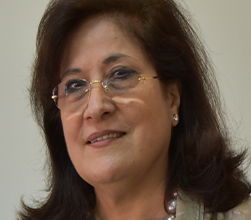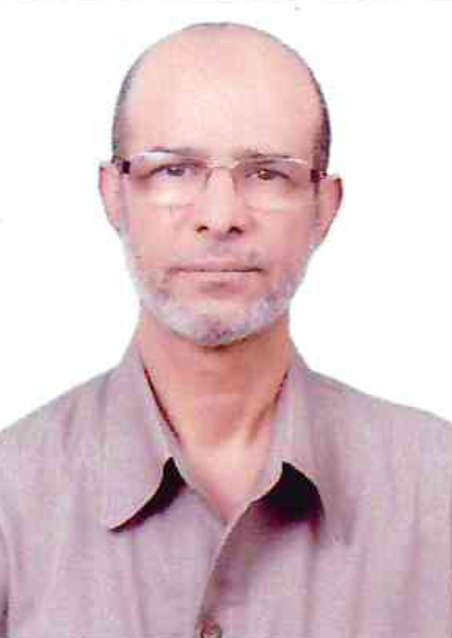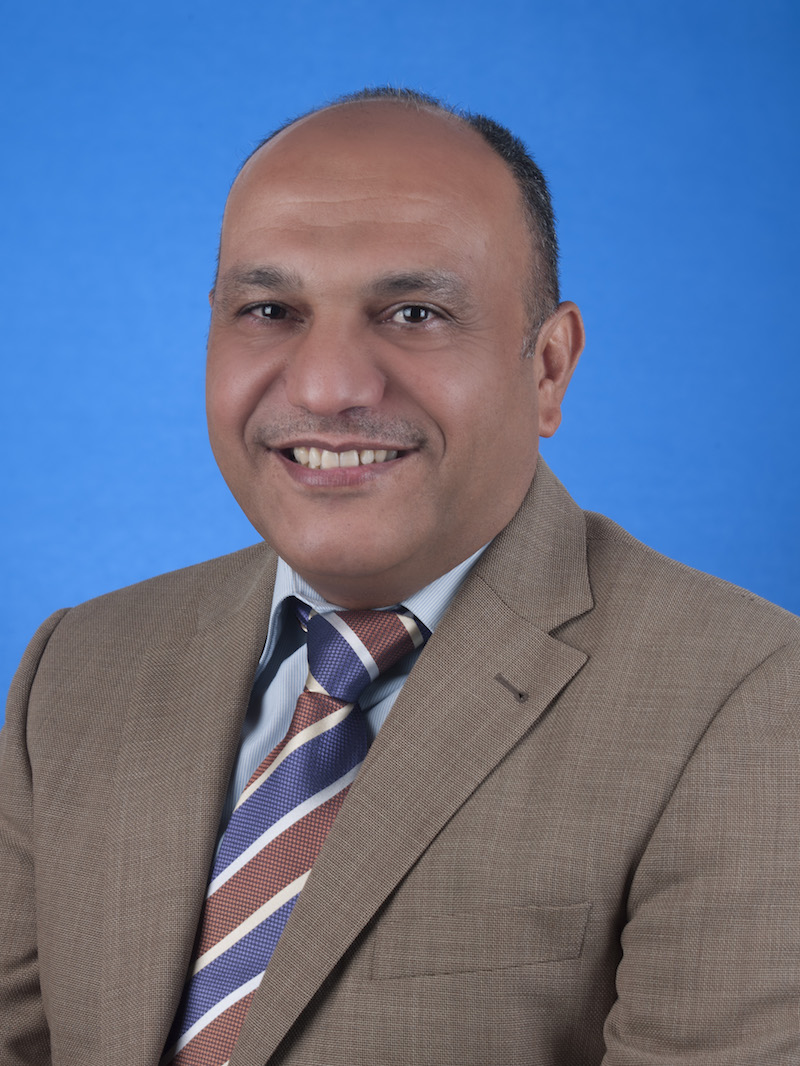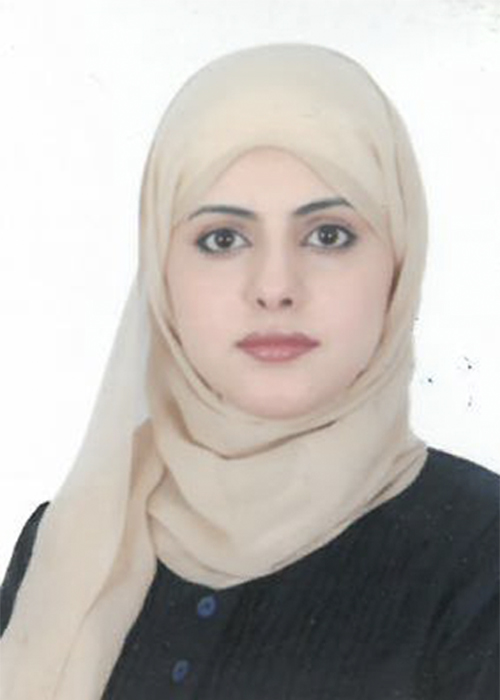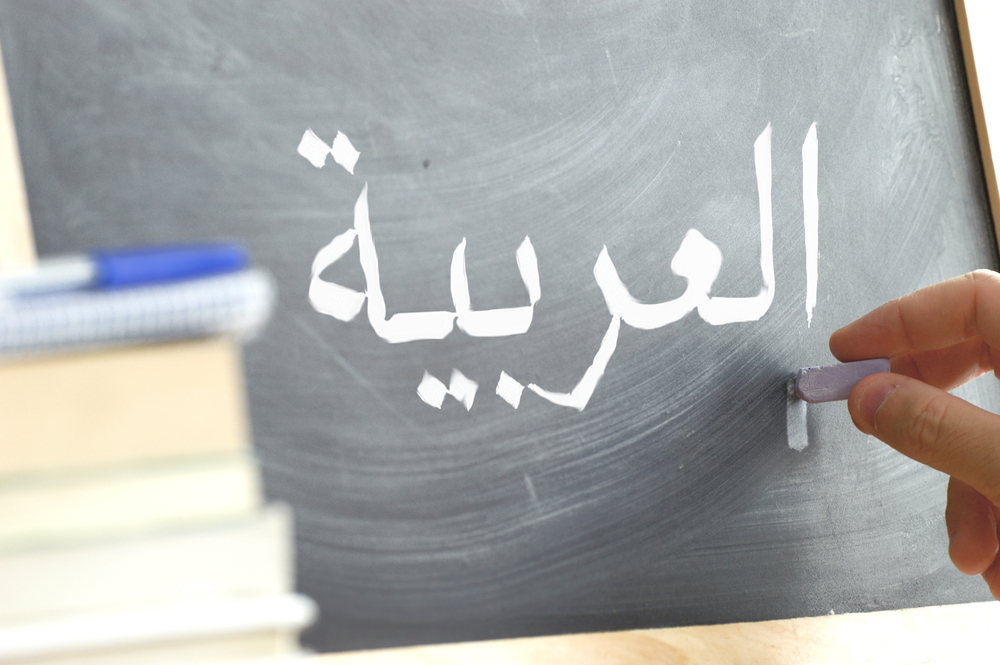
The Arabic Language department at Kuwait International Law School seeks to restore the respect for the Arabic language as the language of the Qur’an and the first reflection tool which enables us to connect with our religious, intellectual and literary heritage. This can be done through preparing competent individuals who are able to recruit the Arabic language to serve their country, their nation and their profession, and who are able to tolerate the other and his/her culture, armed with tools of debate, dialogue and communication.
The mission of the Arabic Language Department at Kuwait International Law School is to contribute in preserving the Arabic language through spreading linguistic, literary and critical knowledge, enhancing the value of the Arabic language in the minds of students and demonstrating the importance of the language and its connection to their field of study through diversifying teaching materials, teaching methods and curricular and extracurricular activities which contribute to achieving this goal.
- Enhancing the student’s faith in the value and importance of the Arabic language through the ages.
- Providing students with the linguistic and literary knowledge which would enable them to be distinct legal professionals.
- Enhancing the students’ self-confidence through enhancing their ability to express themselves.
- Preparing competent individuals that are able to employ the Arabic language properly to serve their field of study which is based on communication and debate.
- Preparing distinct, competent graduates with a distinguished language competence along with their legal competence.
- Paying attention to the literary talents of students, encouraging, developing and refining these talents and highlighting such talents through holding contests and creative activities.
- Strengthening the capacities and academic potential of faculty members through promoting academic research and participation in conferences, symposia and academic updates related to the field of Arabic language.
Teaching Arabic Language (1) “Principles of Arabic Syntax.”
2- Teaching Arabic Language (2) “Aesthetics of Arabic Literature.”
3- Preparing quizzes, midterms and final exams and reviewing them.
4- Marking final exam papers and handing them to the Control Committee.
5- Conducting student assessments at various stages of the semester.
6- Considering students’ petitions – if any – after announcing final grades.
7- Creating an Arabic Language Placement test for school applicants.
8- Marking the Arabic Language placement tests.
9- Holding periodical meetings with the department’s members to discuss any arising matters.
10- Holding cultural events at the school in coordination with the department’s members and students.
11- Celebrating the International Arabic Day (18 Dec.).
12- Developing the department’s curricula in coordination with the School’s Curriculum Committee.
13- Working on achieving the department’s vision and objectives.
- Prof. Seham Alforaih
- Prof. Rajab Eissa
- Dr. Omar Alamiri
- Dr.Mohannad Sary
Arabic Language (1):
This course deals with the following topics:
- Introducing parts of speech and properties of each part.
- Introducing grammar and syntax (types and forms).
- Defining and distinguishing between apparent and estimated syntax and nouns that go under the estimated syntax such as: the maqsoor noun (noun that ends with an obligatory Alif), the manqoos noun (noun that ends with an obligatory Yaa), nouns added to the possessive ya, as well as nouns with sub-labels such as: The Five Nouns, dual and Masculine Sound Plural.
- Introducing common and definite nouns, and types of definite nouns such as: personal pronouns, proper nouns, demonstrative nouns, and relative pronouns.
- Introducing types of sentences: equential (nominal) and verbal sentences
- Introducing Special converters to accusative(Kana and her sisters / Inna and her sisters) and the changes that occur to the sentence upon using them.
- Introducing the main supplements of the verbal sentence (Accusative Object, Cognate Accusative, object preceded with Waw, adverbs, accusatives of specification & comparison & measurement…etc.
- Each chapter is concluded with a number of exercises to be answered with the instructor.
Arabic Language (2):
This course deals with the following topics:
Studying and analyzing a collection of literary texts (verse and prose) that go back to various historical eras (Jahili, Islamic, Umayyad, Abbasid, Morden… ), as well as Quranic verses, offering a comprehensive literary analysis including all the intellectual, philosophical, rhetorical and aesthetic implications, and linking them with life and existence in ancient and modern times by benefiting from the condition of its production through reviewing the writer and the main artistic features of his literary production.
Celebrating the International Day of the Arabic Language for the second semester of the academic year 2017-2018 on 5/2/2018
Faculty
